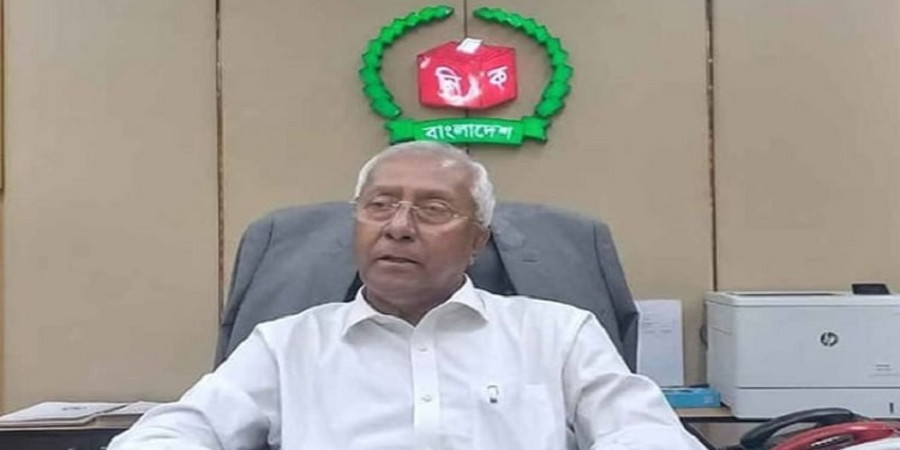
ছবি: Photo: Collected
Sargis Alam, the chief organizer of the National Civic Committee, emphasized the need to dismantle liquor outlets in tea gardens as a first step toward addressing systemic inequities faced by tea workers. Speaking at a tea worker assembly organized by the National Civic Committee on Sunday, January 12, in Kurma Tea Garden, Kamalganj, Moulvibazar, Alam said, “If we want to address the discrimination in tea gardens and envision a better Bangladesh, we must first remove the liquor outlets from these gardens. If people are in their right minds, no one can exploit or control them. A conspiracy has been set to destabilize our minds.”
The assembly was arranged to demand the reopening of all closed tea gardens, including those under the National Tea Company (NTC), as well as fair wages, adequate healthcare, housing, and job security for workers. The event was chaired by Dhana Bauri, President of the Manu-Dhalai Valley branch of the Bangladesh Tea Workers’ Union, with Apan Banerjee Rudra moderating the discussion.
Special guests at the event included Sarwar Tushar, joint convener of the National Civic Committee; Pritam Das, central organizer; Shyamoli Sultana Janny, central coordinator; Asadullah Galib; and Yusuf Khan, assistant manager of Kurma Tea Garden.
In his address, Alam criticized the ruling government, accusing Sheikh Hasina’s administration of creating inequitable agreements with India that benefited only a select few. He alleged that the current regime has facilitated corruption that enriched a handful of individuals while leaving tea workers and other marginalized communities to struggle. “Members of the Sheikh family have amassed countless houses across Europe, America, and Canada, alongside hundreds of vehicles. If the Sheikhs and their close allies consume all the resources, what will my tea workers eat?” he questioned.
Reflecting on the government’s claims of progress, Alam remarked, “For the last 16 years, we have been fed stories of development as if we are living on Mars instead of Bangladesh. Where is this development? Has Sheikh Hasina’s gaze ever extended from Gopalganj to the tea workers’ neighborhoods in Kamalganj? Has she seen their plight from Tungipara to these tea gardens?”
Pritam Das, central organizer of the National Civic Committee, stated, “The tea worker community has been subjected to systemic discrimination for generations. In this fascist system, rampant exploitation has pushed the tea industry and its laborers to the brink of destruction. It is imperative to ensure education, healthcare, housing, and employment opportunities for tea workers to improve their living conditions.”
Other speakers included Khairun Akter, former Upazila Vice Chairman and daughter of a tea worker; local Union Parishad member Nurul Islam; Panchayat President Narad Pashi; tea worker and women’s leader Gita Kanu; and Nazmin Sultana, coordinator of the Anti-Discrimination Student Movement. Together, they highlighted the urgent need for structural reforms to uplift the tea worker community and secure their rights.
repoter






